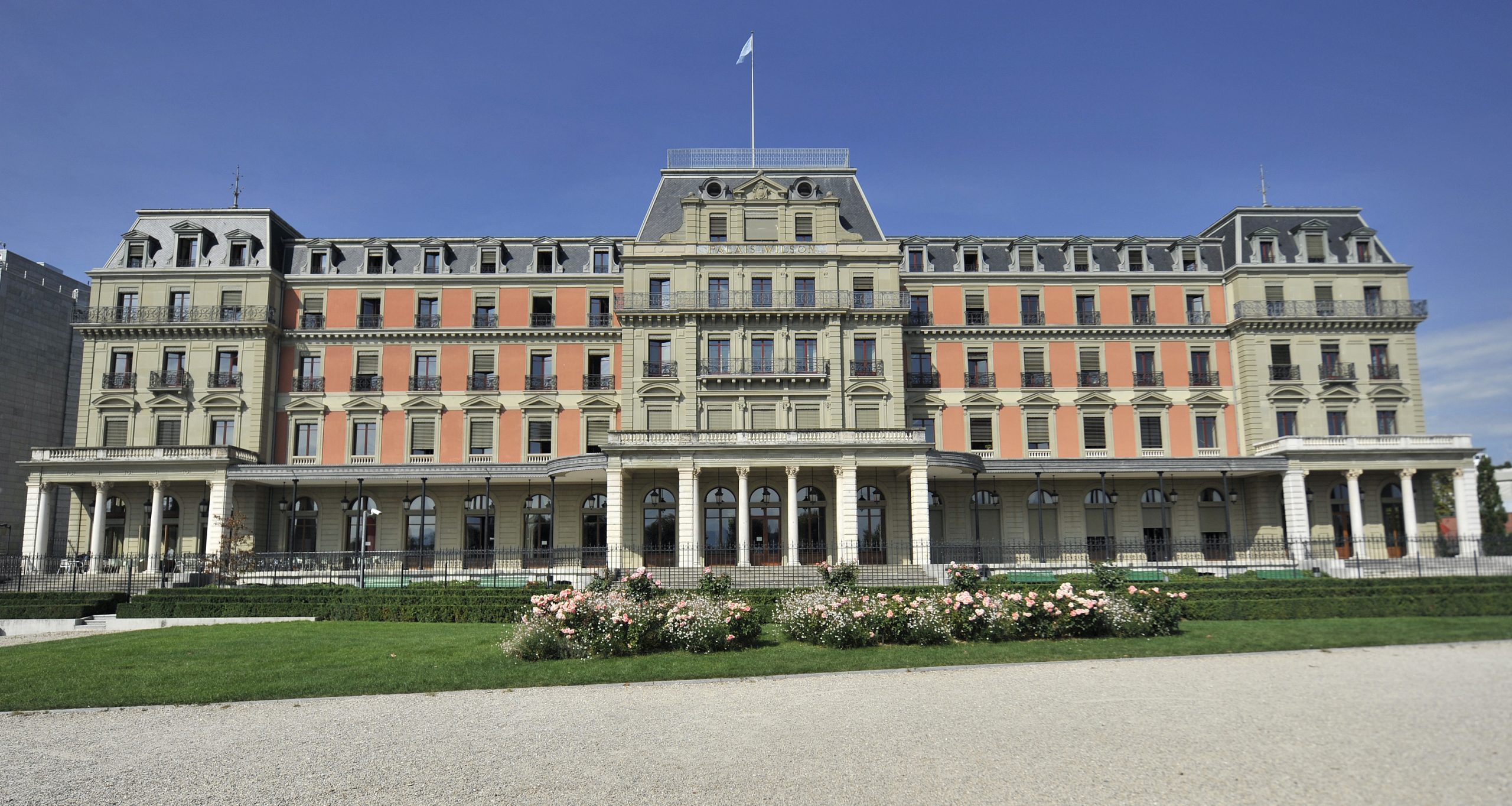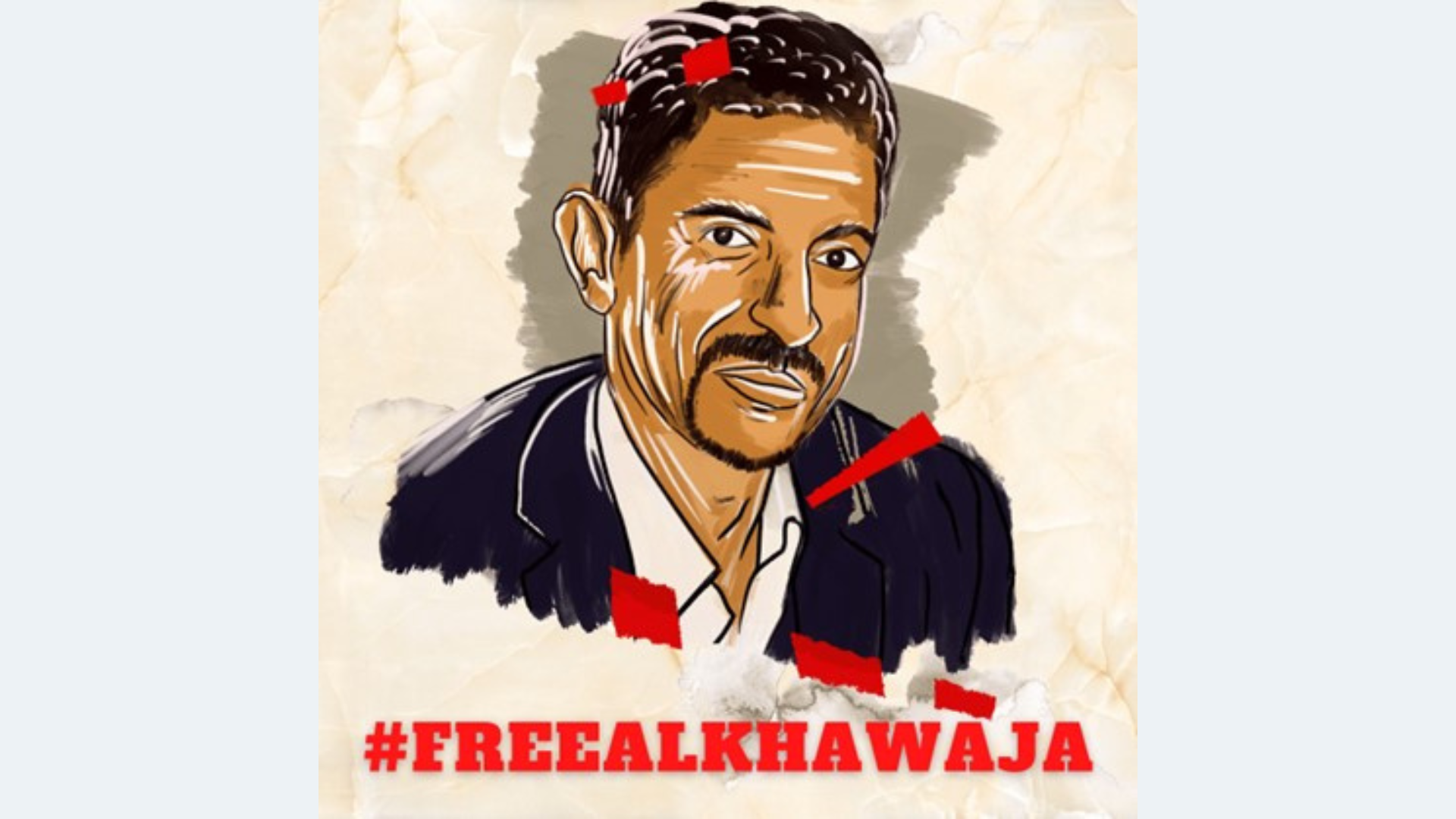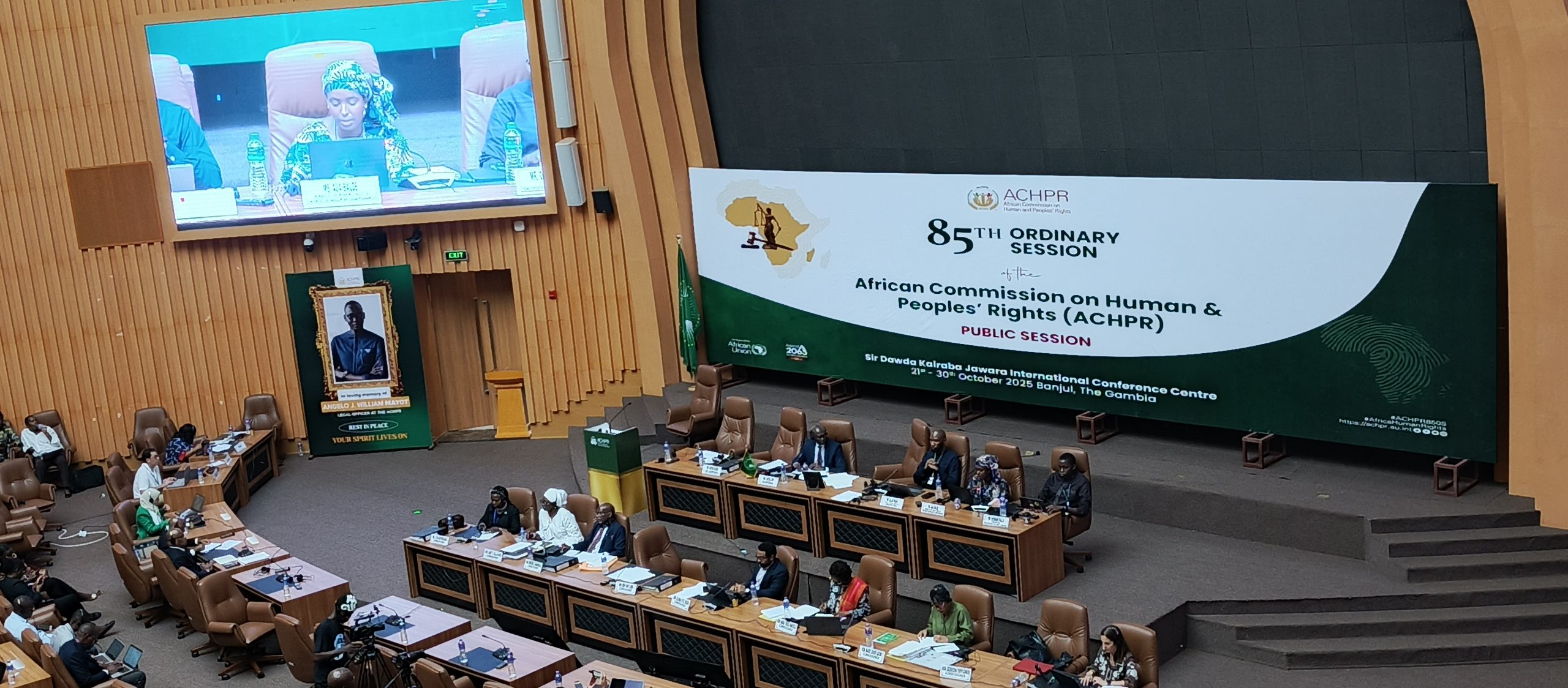
States must ensure adequate resources for Human Rights Council to fulfill its mandate
ISHR delivered a statement during the organisational meeting of the UN Human Rights Council on 8 December 2025. Read the full statement below.

The Human Rights Committee was asked to consider whether an individual’s enforced disappearance during the Algerian Civil War constituted a violation by Algeria of its obligations under the International Covenant on Civil and Political Rights.
Mihoubi v. Algeria (1874/2009)
Summary
In October 2013, the Human Rights Committee was asked to consider whether an individual’s enforced disappearance during the Algerian Civil War constituted a violation by Algeria of its obligations under the International Covenant on Civil and Political Rights.
The communication was submitted by an Algerian national, Rabiha Mihoubi, under the Optional Protocol to the Covenant, on behalf of both herself and her son, Nour-Eddine Mihoubi.
Background
On 27 January 1993, Mr Mihoubi was arrested by police officers at his brother’s home in Bou Saâda. The police denied having any knowledge of Mr Mihoubi’s arrest, but his family were able to piece together some information regarding his fate from other sources. According to this information, Mr Mihoubi was held for 11 days at the police station in Bou Saâda before being transferred to another police station in Algiers. He was then detained incommunicado at the Chateauneuf detention centre for 18 months, where he was tortured and his health deteriorated significantly.
Despite lodging a complaint with the public prosecutor and making numerous requests to the Algerian authorities, Mr Mihoubi’s family were unable to ascertain his subsequent whereabouts. They also referred the matter to the National Observatory for Human Rights (NOHR), and the National Consultative Commission for the Promotion and Protection of Human Rights (which replaced the NOHR in 2001), but to no avail. In July 1996, the deputy prosecutor of Bou Saâda confirmed that the local police had arrested Mr Mihoubi. However, he failed to provide any information regarding the reasons for Mr Mihoubi’s arrest or what had happened to him following his transfer to Algiers.
In March 2006, the Mihoubi family applied for a declaration of death, which was issued by the Algerian police in April 2007. Pursuant to legislation implementing the Charter for Peace and National Reconciliation (the Charter), it is necessary to obtain such a declaration in order to receive compensation for a relative’s disappearance.
On 4 March 2009, the author filed this communication with the Committee under the Optional Protocol to the Covenant. The author claimed that Algeria had violated its obligation to provide her son with an effective remedy under article 2(3) of the Covenant, with respect to his rights to: (i) life; (ii) freedom from torture and cruel or degrading treatment; (iii) liberty and security of the person; (iv) humanity and respect for the inherent dignity of the human person; and (v) recognition as a person before the law (under articles 6(1), 7, 9, 10(1) and 16 of the Covenant respectively). The author also claimed a violation of her own rights under article 2(3) with respect to article 7 of the Covenant.
The Committee’s decision
Regarding admissibility, the Committee found that the prior examination of Mr Mihoubi’s case by the Working Group on Enforced or Involuntary Disappearances did not make the author’s claims inadmissible as it did not constitute another procedure of international investigation and settlement for the purposes of article 5(2)(a) of the Optional Protocol. The Committee also rejected Algeria’s argument that the author had not exhausted domestic remedies. The Committee noted that, even if the author had not launched criminal proceedings, she and her family had made numerous requests to the Algerian authorities and had lodged a complaint with the public prosecutor. The author was also entitled to doubt the effectiveness of bringing criminal proceedings, since the Charter prohibited any legal action in the Algerian courts for crimes committed during the Civil War.
On the merits, the Committee considered that Algeria was not entitled to rely on the general context of the Civil War and the fight against terrorism to avoid the obligations it owed to each individual. The Committee also recalled its previous finding that the order implementing the Charter was contrary to the Covenant as it promoted impunity. With respect to each claim, the Committee noted that Algeria had not adduced any information to contradict the facts provided by the author. The Committee therefore examined Algeria’s liability under the Covenant on the basis of such facts.
The Committee observed that incommunicado detention puts life at serious risk because the detainee is at the mercy of persons of authority free from any form of control. It also recalled its General Comment No. 20 recommending that State parties prohibit incommunicado detention. The Committee noted Mr Mihoubi’s physical torture as well as the anguish and distress caused to the author by his disappearance. The Committee also found that the Algerian authorities had failed to explain Mr Mihoubi’s fate adequately to his family, despite having expressly recognised his arrest and detention.
The Committee considered that Algeria had failed to provide appropriate judicial and administrative mechanisms for addressing the author’s claims, and that its failure to investigate allegations of violations was itself a violation of article 2(3) of the Covenant. In particular, the Committee condemned the legislative provision which requires families to seek a declaration of death in order to receive compensation for the disappearance of their relatives. In a separate opinion, two members of the Committee took the view that this requirement also constituted cruel and inhuman treatment in violation of article 7.
In light of the above, the Committee found Algeria to have breached article 2(3) of the Covenant, read alone and in conjunction with articles 6(1), 7, 9, 10(1) and 16, with regard to Mr Mihoubi. The Committee also considered that Algeria had violated article 2(3) with regard to the author’s rights under article 7 of the Covenant.
In accordance with article 2(3), Algeria was under the obligation to provide Mr Mihoubi’s family with an effective remedy by, among other things:
The Committee also held that Algeria must prevent similar violations in the future and uphold the right to an effective remedy for crimes such as torture and enforced disappearance.
In their separate opinion, two members of the Committee considered that Algeria had also breached article 2(2) of the Covenant by failing to adopt such laws as may be necessary to give effect to Covenant rights. In their view, the Committee should have specifically recommended that Algeria bring its legislation into conformity with the Covenant.
Algeria must now submit its written response within six months of the Committee’s decision, including information on the action taken in light of the Committee’s recommendations, and ensure that the Committee’s decision is published widely.
Pauline Dépinay is an international lawyer, based in Paris.

ISHR delivered a statement during the organisational meeting of the UN Human Rights Council on 8 December 2025. Read the full statement below.

The UN Committee against Torture reviewed Bahrain’s fourth periodic report during its 83rd session in Geneva in November 2025. The dialogue focused heavily on the situation of human rights defenders, torture, accountability, and conditions of detention.

Insecurity and violent extremism, particularly in Africa's Sahel region, are prompting States to adopt counter-terrorism measures. However, in many cases, these measures are also used to restrict rights and criminalise the the work of defenders.